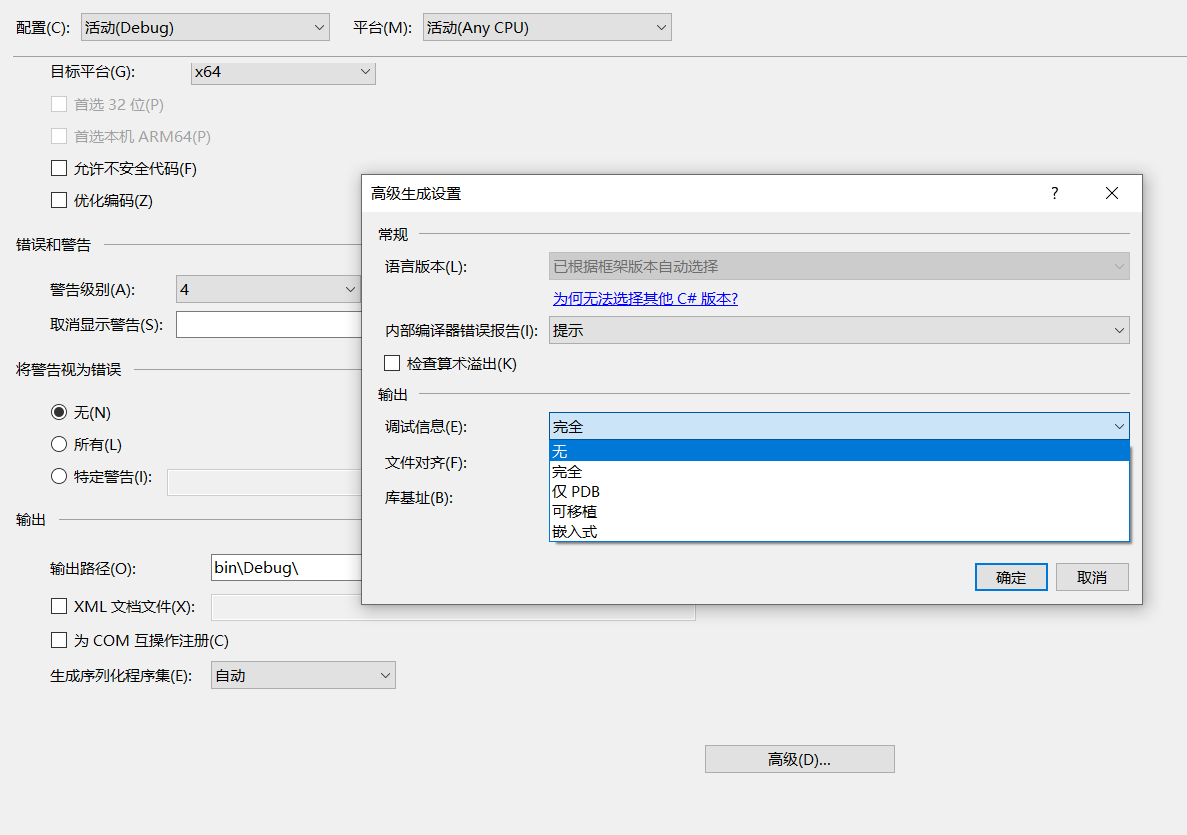expect是一种能够按照脚本内容里面设定的方式与交互式程序进行“会话”的程序。根据脚本内容,Expect可以知道程序会提示或反馈什么内容以及 什么是正确的应答。它是一种可以提供“分支和嵌套结构”来引导程序流程的解释型脚本语言。 shell功能很强大,但是不能实现有交互功能的多机器之前的操作,例如ssh和ftp.而expect可以帮助我们来实现.
一,安装expect
yum install expect
其实expect根bash形势上差不多的.
二,实例
1,ssh实现自动登录,并停在登录服务器上
|
1 2 3 4 5 6 7 8 9 10 |
#!/usr/bin/expect -f set ip [lindex $argv 0 ] //接收第一个参数,并设置IP set password [lindex $argv 1 ] //接收第二个参数,并设置密码 set timeout 10 //设置超时时间 spawn ssh root@$ip //发送ssh请滶 expect { //返回信息匹配 "*yes/no" { send "yes\r"; exp_continue} //第一次ssh连接会提示yes/no,继续 "*password:" { send "$password\r" } //出现密码提示,发送密码 } interact //交互模式,用户会停留在远程服务器上面. |
运行结果如下:
|
1 2 3 4 |
[root@centos66 scripts]# expect xunda-external.sh spawn ssh root@192.168.1.204 Last login: Thu Oct 22 10:04:43 2015 from 192.168.1.202 [root@centos7test ~]# |
这个例子有统一的接口,根据IP和密码可以连接到不同的机器.如果你嫌输入IP和密码麻烦,看下面的例子
|
1 2 3 4 5 6 7 8 9 10 |
#!/usr/bin/expect -f set ip 192.168.1.130 set password admin set timeout 10 spawn ssh root@$ip expect { "*yes/no" { send "yes\r"; exp_continue} "*password:" { send "$password\r" } } interact |
2,ssh远程登录到服务器,并且执行命令,执行完后并退出
|
1 2 3 4 5 6 7 8 9 10 11 12 13 14 15 |
#!/usr/bin/expect -f set ip 192.168.1.130 set password admin set timeout 10 spawn ssh root@$ip expect { "*yes/no" { send "yes\r"; exp_continue} "*password:" { send "$password\r" } } expect "#*" set timeout 600 #send "service jetty-server restart\r" #远程重启jetty服务 send "pwd\r" send "exit\r" expect eof |
运行结果如下:
|
1 2 3 4 5 6 7 8 |
[root@centos66 scripts]# expect external.exp spawn ssh root@192.168.1.204 Last login: Thu Oct 22 09:56:27 2015 from 192.168.1.202 [root@centos7test ~]# pwd /root [root@centos7test ~]# exit 登出 Connection to 192.168.1.204 closed. |
3,远程登录到ftp,并且下载文件
|
1 2 3 4 5 6 7 8 9 10 11 12 13 14 15 16 17 18 19 20 21 |
#!/usr/bin/expect -f set ip [lindex $argv 0 ] set dir [lindex $argv 1 ] set file [lindex $argv 2 ] set timeout 10 spawn ftp $ip expect "Name*" send "zwh\r" expect "Password:*" send "zwh\r" expect "ftp>*" send "lcd $dir\r" expect { "*file" { send_user "local $_dir No such file or directory";send "quit\r" } "*now*" { send "get $dir/$file $dir/$file\r"} } expect { "*Failed" { send_user "remote $file No such file";send "quit\r" } "*OK" { send_user "$file has been download\r";send "quit\r"} } expect eof |
运行结果如下:
|
1 2 3 4 5 6 7 8 9 10 11 12 13 14 15 16 17 18 19 20 |
root@ubuntu:/home/zhangy# ./test2.exp 192.168.1.130 /var/www/www aaa.html spawn ftp 192.168.1.130 Connected to 192.168.1.130. 220 (vsFTPd 2.0.5) Name (192.168.1.130:root): zwh 331 Please specify the password. Password: 230 Login successful. Remote system type is UNIX. Using binary mode to transfer files. ftp> lcd /var/www/www Local directory now /var/www/www ftp> get /var/www/www/aaa.html /var/www/www/aaa.html local: /var/www/www/aaa.html remote: /var/www/www/aaa.html 200 PORT command successful. Consider using PASV. 150 Opening BINARY mode data connection for /var/www/www/aaa.html (66 bytes). 226 File send OK. 66 bytes received in 0.00 secs (515.6 kB/s) quit aaa.html has been download 221 Goodbye. |
